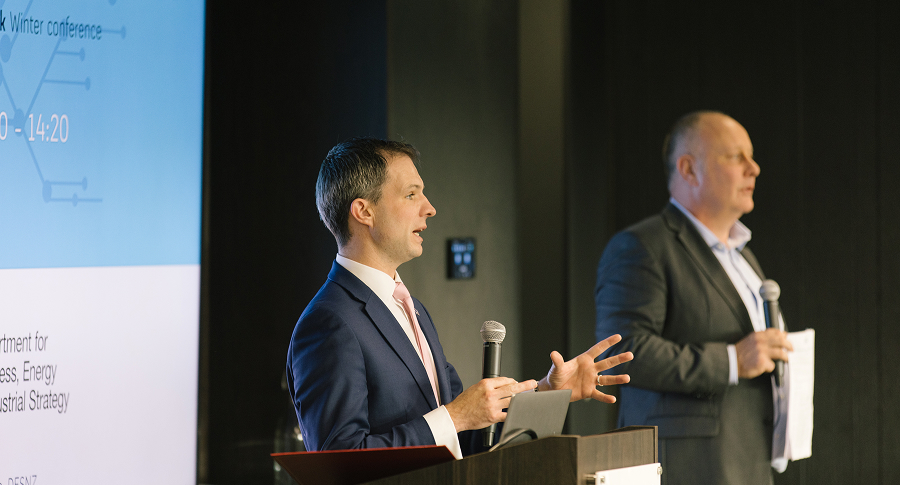Developed with the All-Party Parliamentary Group on Renewable & Sustainable Energy, this comprehensive guide aims to help MPs and others address common myths about onshore renewables.

Developed with the All-Party Parliamentary Group on Renewable & Sustainable Energy, this comprehensive guide aims to help MPs and others address common myths about onshore renewables.

Persistent myths and misconceptions about renewables, battery storage and grid infrastructure can create unnecessary obstacles to the UK's clean energy transition, fuelling uncertainty and public concern. To achieve our renewable energy targets at the scale and pace required, it's essential to address these misconceptions and engage communities in ways that ensure they understand and benefit from renewable energy development.
MPs play a vital role here: not only representing local voices in decision-making but also sharing accurate information about renewable technologies.
In collaboration with the All-Party Parliamentary Group on Renewable & Sustainable Energy (PRASEG), Regen has developed a comprehensive resource to help MPs and others address common myths about onshore renewables. This guide provides clear, evidence-based insights on issues ranging from land use to public opinion and environmental impact, equipping users to engage confidently and constructively in discussions on clean energy.
The guide empowers readers with the facts needed to debunk misconceptions, advocate for renewable projects, and support a transition that benefits both local communities and the environment.
84%
of people in the UK support renewable energy
0.3%
of our land would need to host solar energy to achieve net zero
20 years
the average lifespan of a battery storage system
Our myth-busting guide on onshore renewable energy emerged from a simple but pressing question: how can we better support MPs in responding to public concerns around renewable energy technologies?
In a conversation with the PRASEG team, we discussed how myths and misinformation – about everything from wind and solar to battery storage and grid infrastructure – can fuel uncertainty and resistance to clean energy projects. We realised that MPs and community leaders need a clear, evidence-based resource to navigate these conversations confidently. And so, this guide was developed: a tool designed to cut through the complexity and misinformation, address common myths directly, and empower informed, constructive dialogue.
This easy-to-read guide delves into the myths surrounding renewable energy technologies including solar, wind, battery storage, heat and grid infrastructure, providing evidence-based responses. It addresses a wide range of common concerns, including costs, land use, noise, safety and the reliability of renewable energy sources.
By providing concise answers, its aims to make it easier for MPs and others to respond accurately to public concerns and demonstrate that, with proper planning and management, these technologies can co-exist harmoniously with the environment and local communities.
While this guide is an important step, there is a lot more that needs to be done to ensure that communities are properly brought along on the journey to a decarbonised energy system. It remains essential for developers to actively involve communities in project design and deliver meaningful benefits, including opportunities for community ownership. However, for projects to gain traction, people must first have access to accurate information.
To keep up to date with our work on planning, community engagement and community benefits, Regen members can join our planning working group.
Sign up to receive our monthly newsletter containing industry insights, our latest research and upcoming events.